AI will deepen divisions, say Yuval Noah Harari and Slavoj Zizek
Audiences at this year’s HowTheLightGetsIn festival heard a stark warning about the risks of artificial intelligence
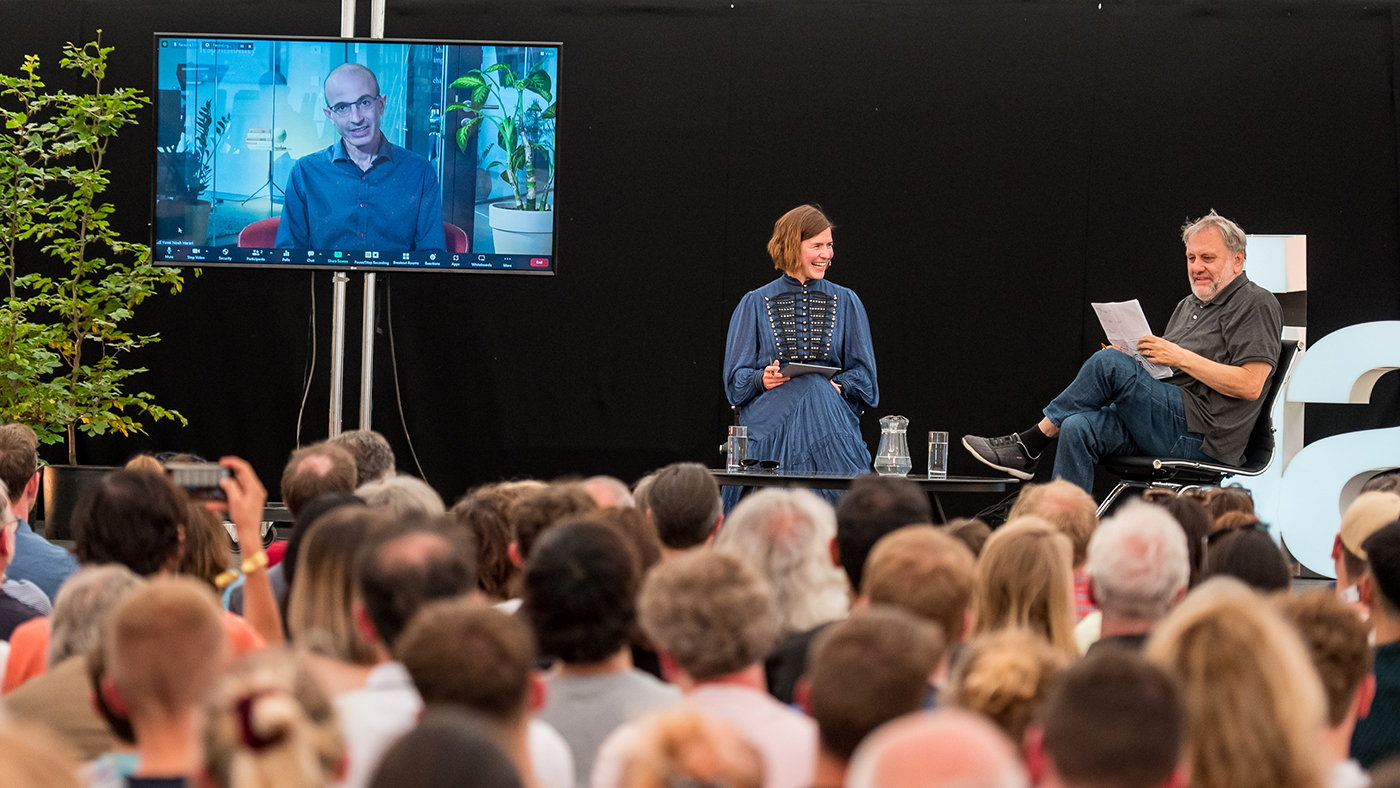
A free daily email with the biggest news stories of the day – and the best features from TheWeek.com
You are now subscribed
Your newsletter sign-up was successful
Humans should worry less about what is natural and more about how our efforts to create artificial intelligence could end up deepening divisions between us, two leading thinkers have said.
During a packed event at the HowTheLightGetsIn festival at Hay-on-Wye on the Jubilee weekend, the historian and best-selling author of Sapiens, Yuval Noah Harari, and philosopher Slavoj Žižek appeared together on a panel for the first time to discuss whether nature should be regarded as humanity’s friend or foe.
In a wide-ranging discussion, the two celebrity intellectuals rejected the binary choice. Nature is neither our friend nor our enemy, they said, neither good nor bad. Instead it exists outside morality, even if moral terms may be hard to resist. “If we have a mother nature, then this mother is a dirty bitch!” Žižek said, pouring scorn on the notion of nature as a benevolent caregiver.
The Week
Escape your echo chamber. Get the facts behind the news, plus analysis from multiple perspectives.

Sign up for The Week's Free Newsletters
From our morning news briefing to a weekly Good News Newsletter, get the best of The Week delivered directly to your inbox.
From our morning news briefing to a weekly Good News Newsletter, get the best of The Week delivered directly to your inbox.
Surprised to find themselves on the same side of the argument (“when will the knives come out?” Žižek wondered aloud), they suggested that the distinction between the natural and the non-natural was itself artificial.
Over the past few centuries, our scientific and technological successes have helped to convince us that humans are somehow above nature, they said. The notion that human-led innovations and incidents such as nuclear reactors, the Covid-19 vaccine or even the war in Ukraine are “natural” may sound peculiar. But given their existence doesn’t violate any natural laws and they are made of the same physical material as everything else, then in a sense they are. For this reason, Harari said “You can’t get morality and ethics out of the laws of nature.”
And yet, Žižek said, what we call “nature” is culturally mediated. Things we put in the category today are different from those considered natural in the 16th century. Our sense of the natural is also deeply ideological, Harari said. When homosexuality was considered “unnatural”, that was a political statement. Nature doesn’t offer us moral rules or attempt to determine what is right and wrong; nature just is.
These definitions are about to be challenged again, Harari said, given we are on the verge of creating what he called “inorganic life”, in the form of advanced artificial intelligence. By definition “artificial” today, it may be considered natural in the future.
A free daily email with the biggest news stories of the day – and the best features from TheWeek.com
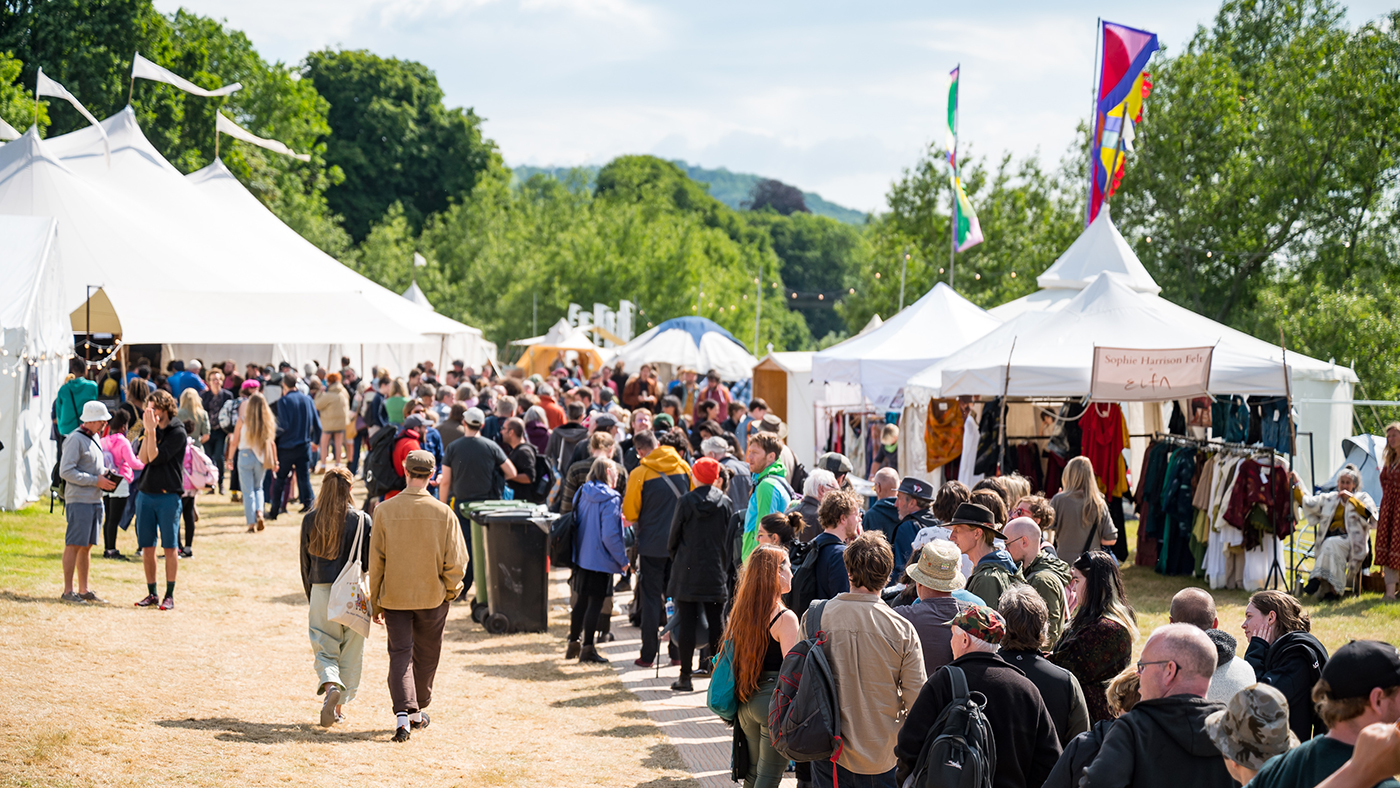
Humans, meanwhile, may be heading in the opposite direction. With gene therapy and bionic implants, we are also on the cusp of changing our biological makeup in radical ways. That might thrill transhumanists, said Harari, but we should exercise caution. Dictators have long dreamt of this power.
“My biggest fear is that in this attempt to upgrade humans, we will actually downgrade ourselves,” Harari said. “If you give corporations and armies the technology to start messing with our DNA, to start messing with our brains, they may amplify certain human qualities that they need, like discipline… meanwhile, they don’t need other human qualities like compassion or artistic sensitivity or spirituality.”
Žižek agreed that the ability to enhance the human body could end up debasing humanity. Stalin, he noted, wanted to do exactly that: to create an army of genetically engineered workers who could labour beyond the limits of any human and survive on basic provisions.
Their vision went far beyond the commonplace fear that AI would put a few people out of work – or even that the robots might rise up against us. “The problem isn’t whether we will be enslaved by machines, but that this enslavement will strengthen the division between humans,” Zizek said. “Some people will control us, and some people will be controlled.”
It was a bracing thought for a bank holiday weekend, but just the sort of bold idea that HowTheLightGetsIn was created to invoke. Founder Hilary Lawson said one of his primary motivations for setting up the festival was a hope that philosophy would be taken more seriously.
“Back in 2008, people might have joked that philosophy was more for Parisian taxi drivers than the everyday person,” Lawson said. “It had walled itself in with arguments over the meaning of terms and words and definitions, which really didn’t seem to have much bearing on people and their everyday lives. For many at the time, philosophy was more associated with the Monty Python philosopher’s football match than it was with anything actually worth talking about. I wanted to see whether I could change that.”
On the evidence of Harari and Žižek’s discussion over the weekend, and the growing interest in the HTLGI festival which has been called “Europe’s answer to TED”, which today receives more than a million views on its website each month, that ambition has been successful.
“You don't need to be from a technical background to connect with questions about why we’re alive,” Lawson said. “We’re all philosophers really – it’s about what it means to be human.”
Arion McNicoll is a freelance writer at The Week Digital and was previously the UK website’s editor. He has also held senior editorial roles at CNN, The Times and The Sunday Times. Along with his writing work, he co-hosts “Today in History with The Retrospectors”, Rethink Audio’s flagship daily podcast, and is a regular panellist (and occasional stand-in host) on “The Week Unwrapped”. He is also a judge for The Publisher Podcast Awards.
-
 How the FCC’s ‘equal time’ rule works
How the FCC’s ‘equal time’ rule worksIn the Spotlight The law is at the heart of the Colbert-CBS conflict
-
 What is the endgame in the DHS shutdown?
What is the endgame in the DHS shutdown?Today’s Big Question Democrats want to rein in ICE’s immigration crackdown
-
 ‘Poor time management isn’t just an inconvenience’
‘Poor time management isn’t just an inconvenience’Instant Opinion Opinion, comment and editorials of the day
-
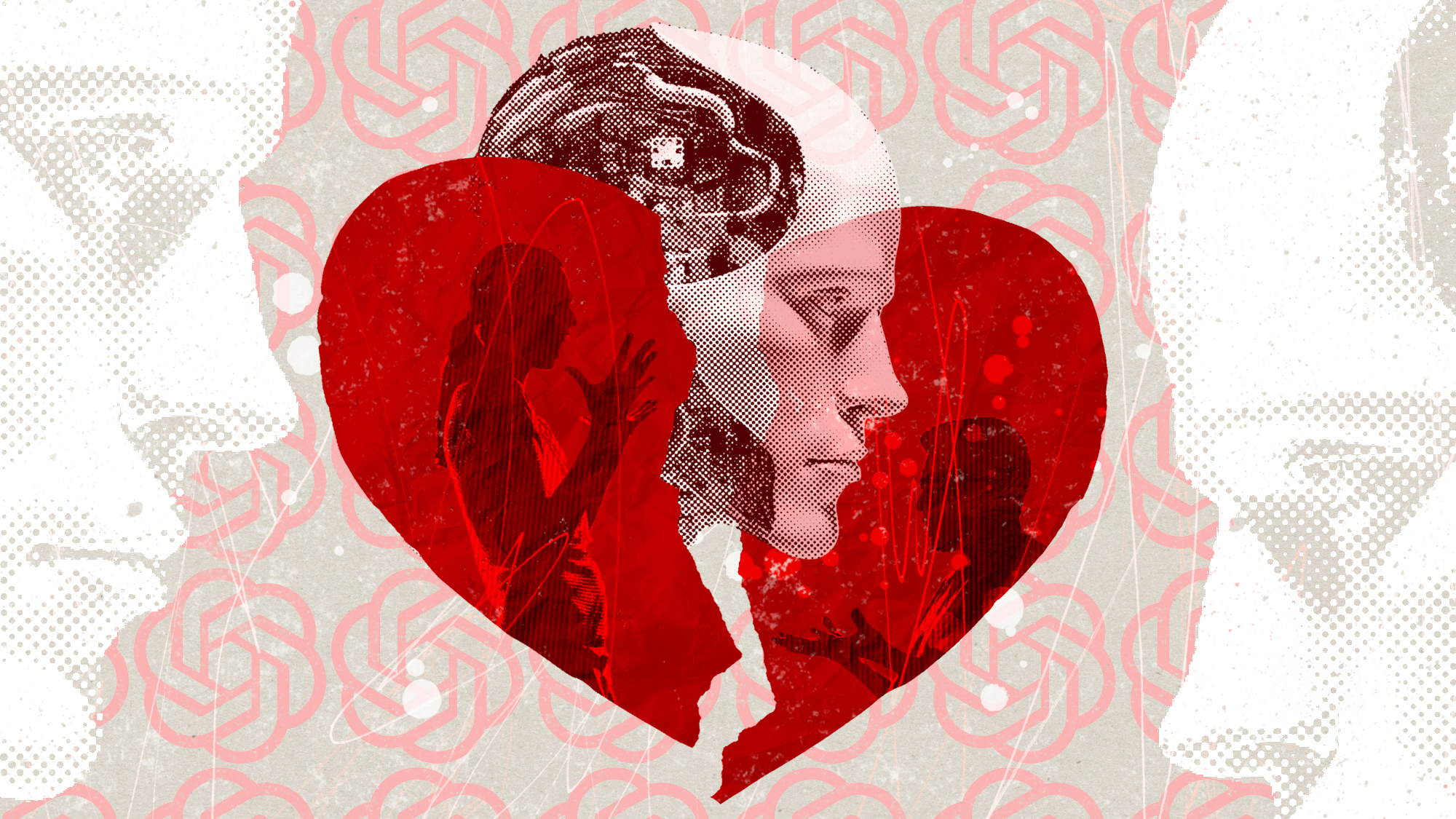 How AI chatbots are ending marriages
How AI chatbots are ending marriagesUnder The Radar When one partner forms an intimate bond with AI it can all end in tears
-
 The most downloaded country song in the US is AI-generated
The most downloaded country song in the US is AI-generatedUnder the radar Both the song and artist appear to be entirely the creation of artificial intelligence
-
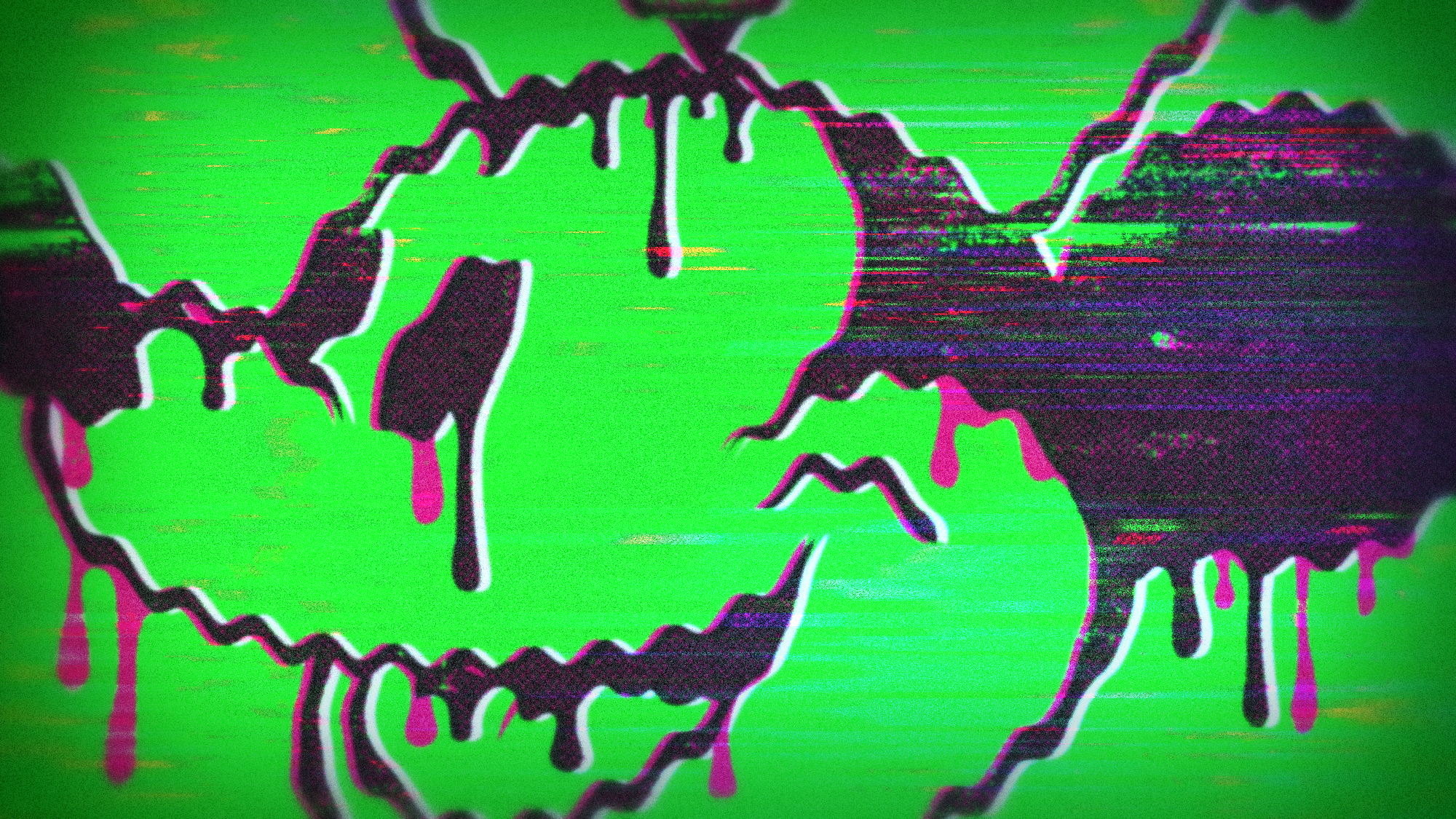 Disney bets big on AI, but not everyone sees a winner
Disney bets big on AI, but not everyone sees a winnerTalking Points The company will allow users to create their own AI content on Disney+
-
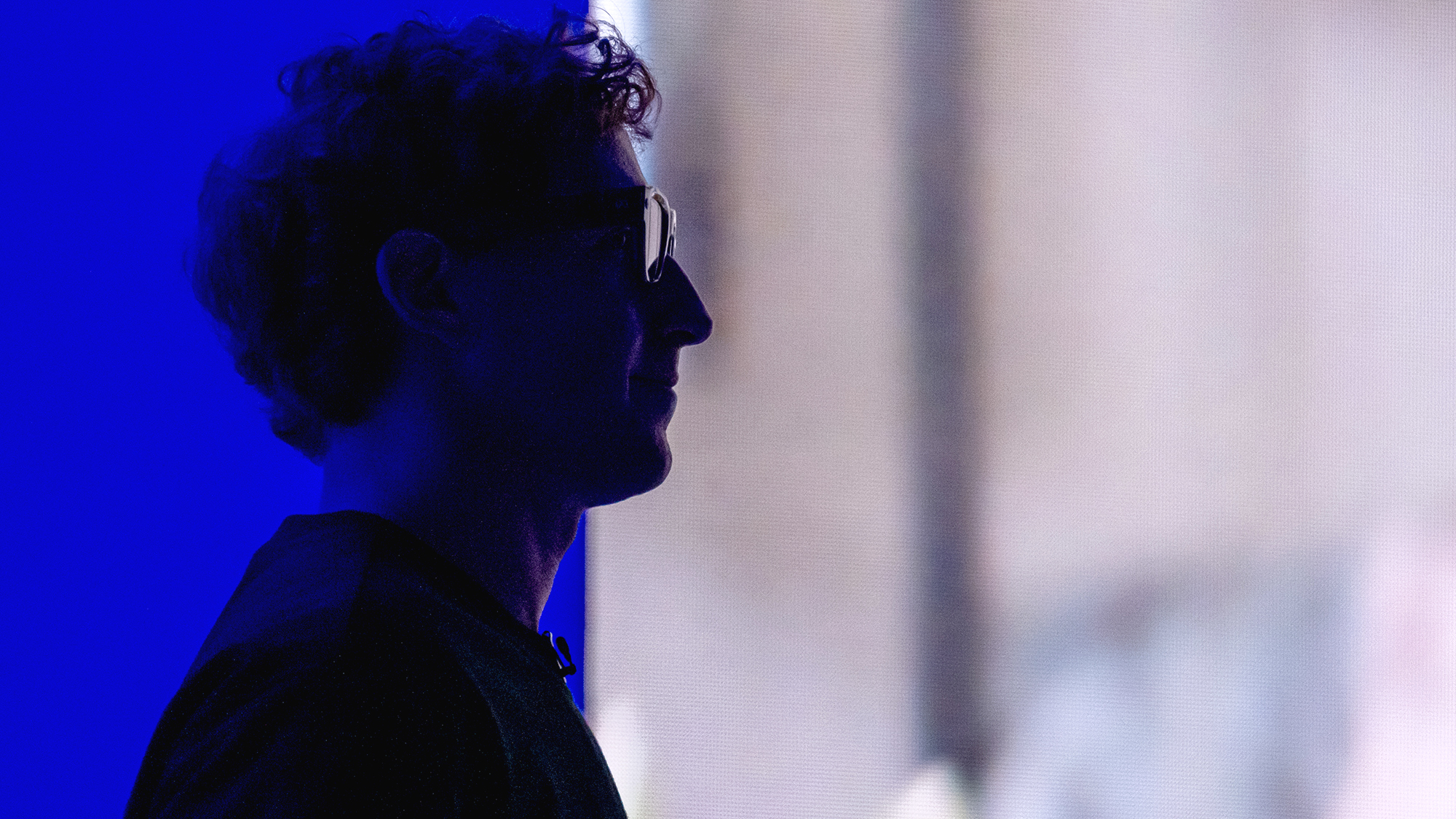 Smart glasses and unlocking ‘superintelligence’
Smart glasses and unlocking ‘superintelligence’The Explainer Meta unveiled a new model of AI smart glasses this week, with some features appearing ‘unfinished’ at a less-than-perfect launch
-
 Oz at the Sphere: AI's latest conquest
Oz at the Sphere: AI's latest conquestFeature The Las Vegas Sphere is reimagining The Wizard of Oz with the help of AI
-
 The Velvet Sundown: viral band that doesn't actually exist
The Velvet Sundown: viral band that doesn't actually existIn the Spotlight These AI-generated rock hits are brought to listeners by… no one
-
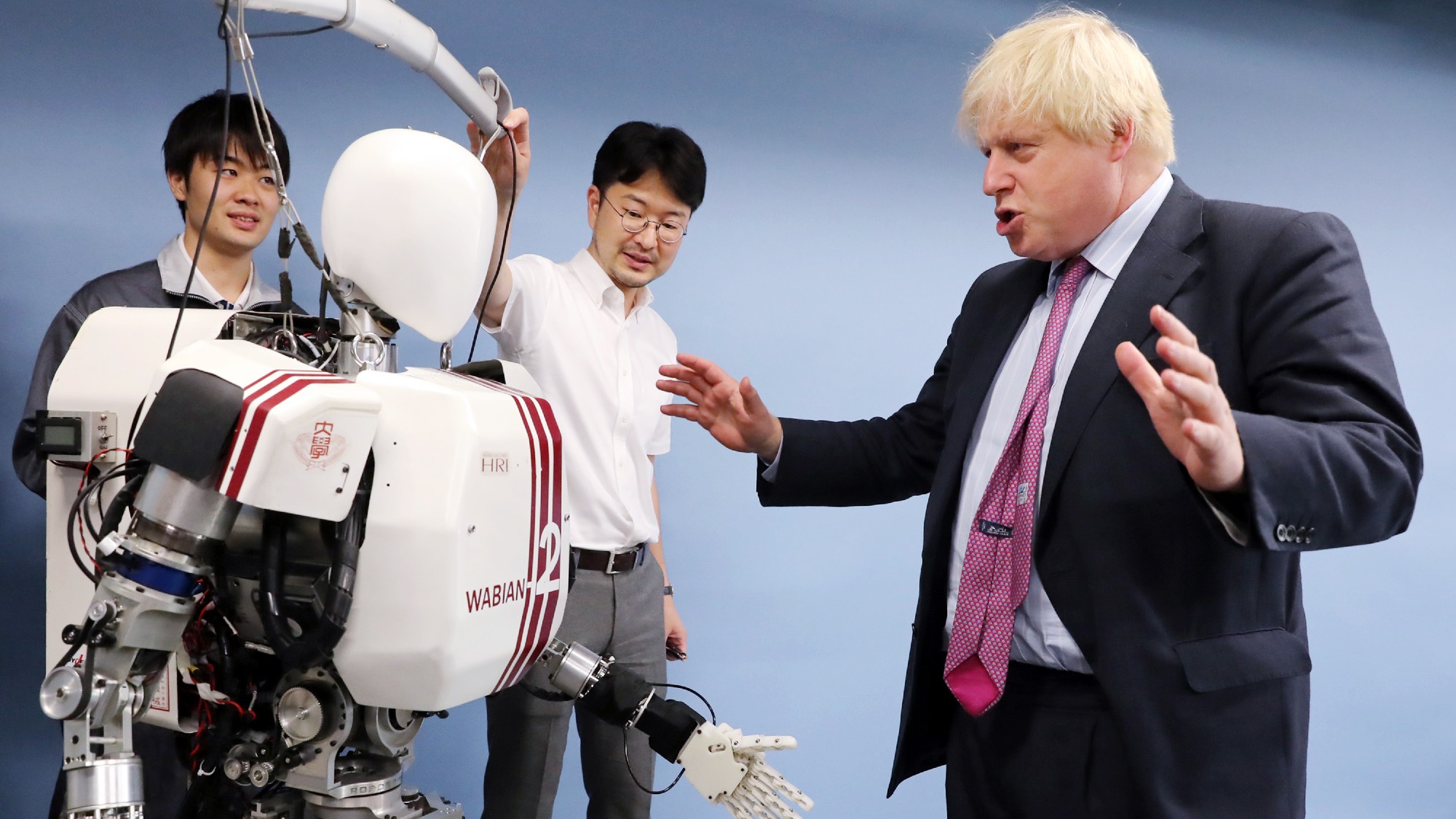 How generative AI is changing the way we write and speak
How generative AI is changing the way we write and speakIn The Spotlight ChatGPT and other large language model tools are quietly influencing which words we use
-
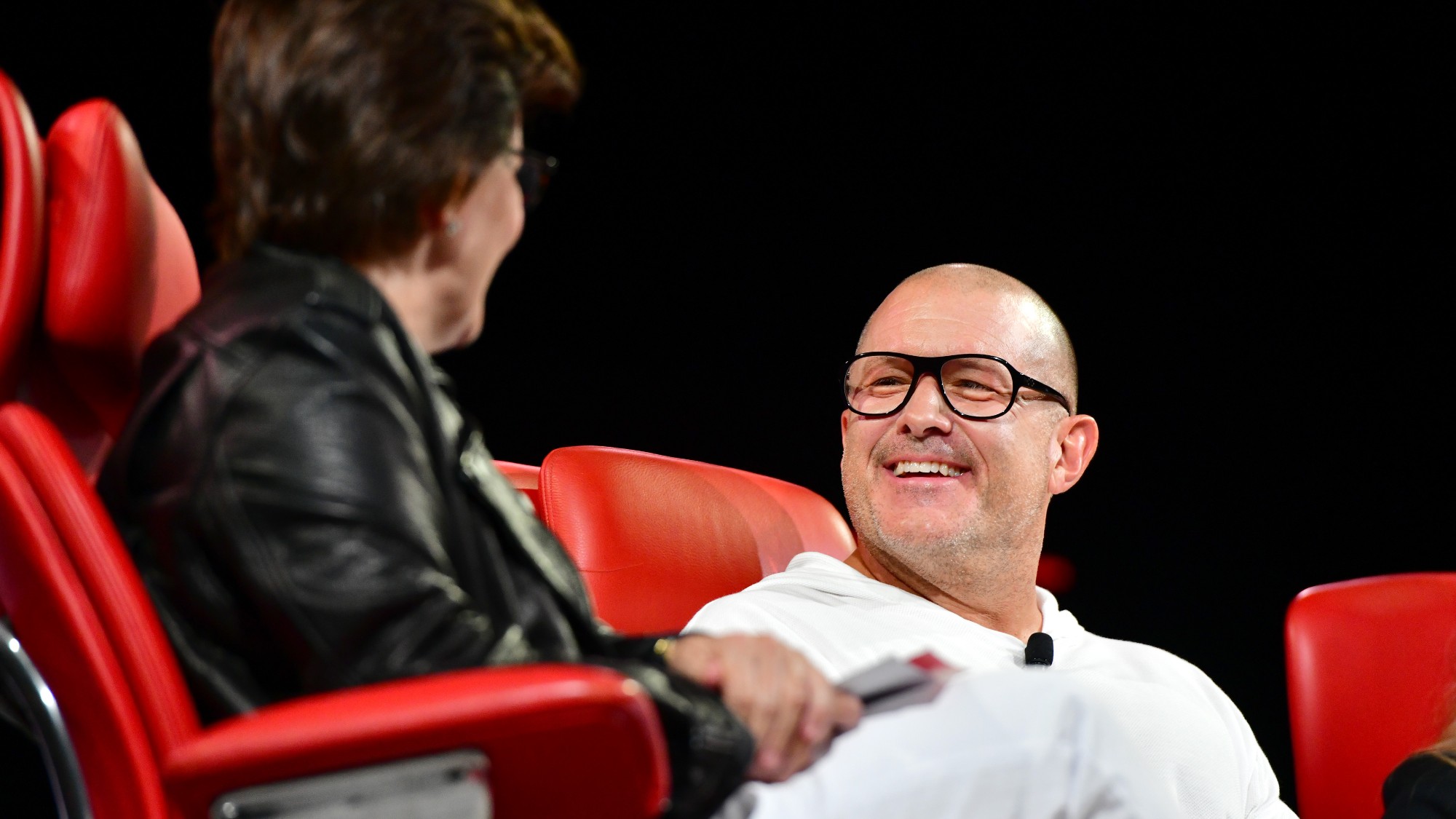 Jony Ive's iPhone design changed the world. Can he do it again with OpenAI?
Jony Ive's iPhone design changed the world. Can he do it again with OpenAI?Talking Points Ive is joining OpenAI, hoping to create another transformative piece of personal technology. Can lightning strike twice?